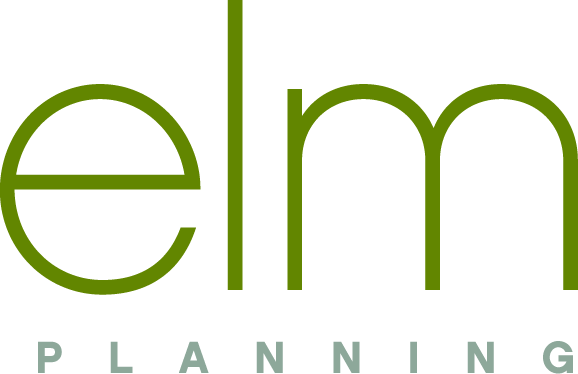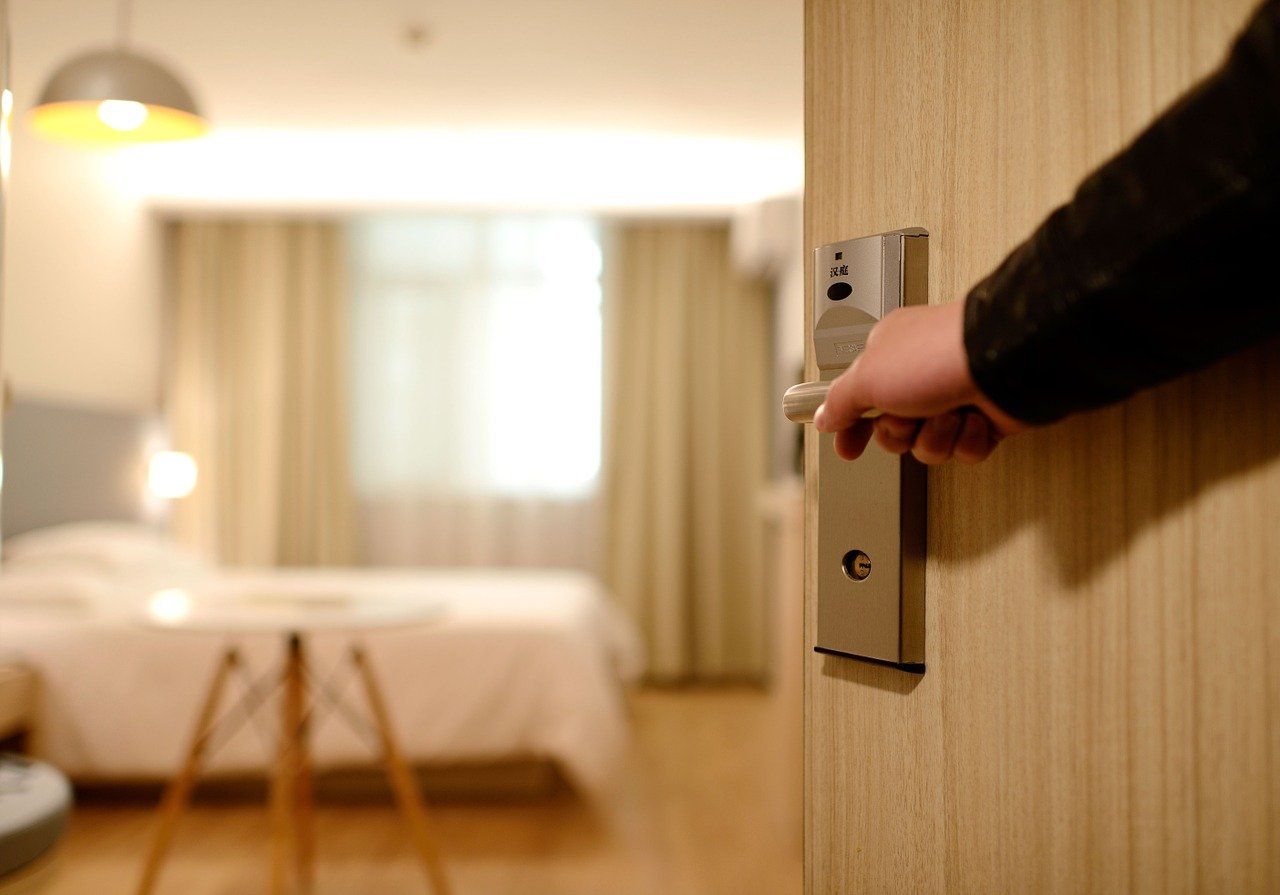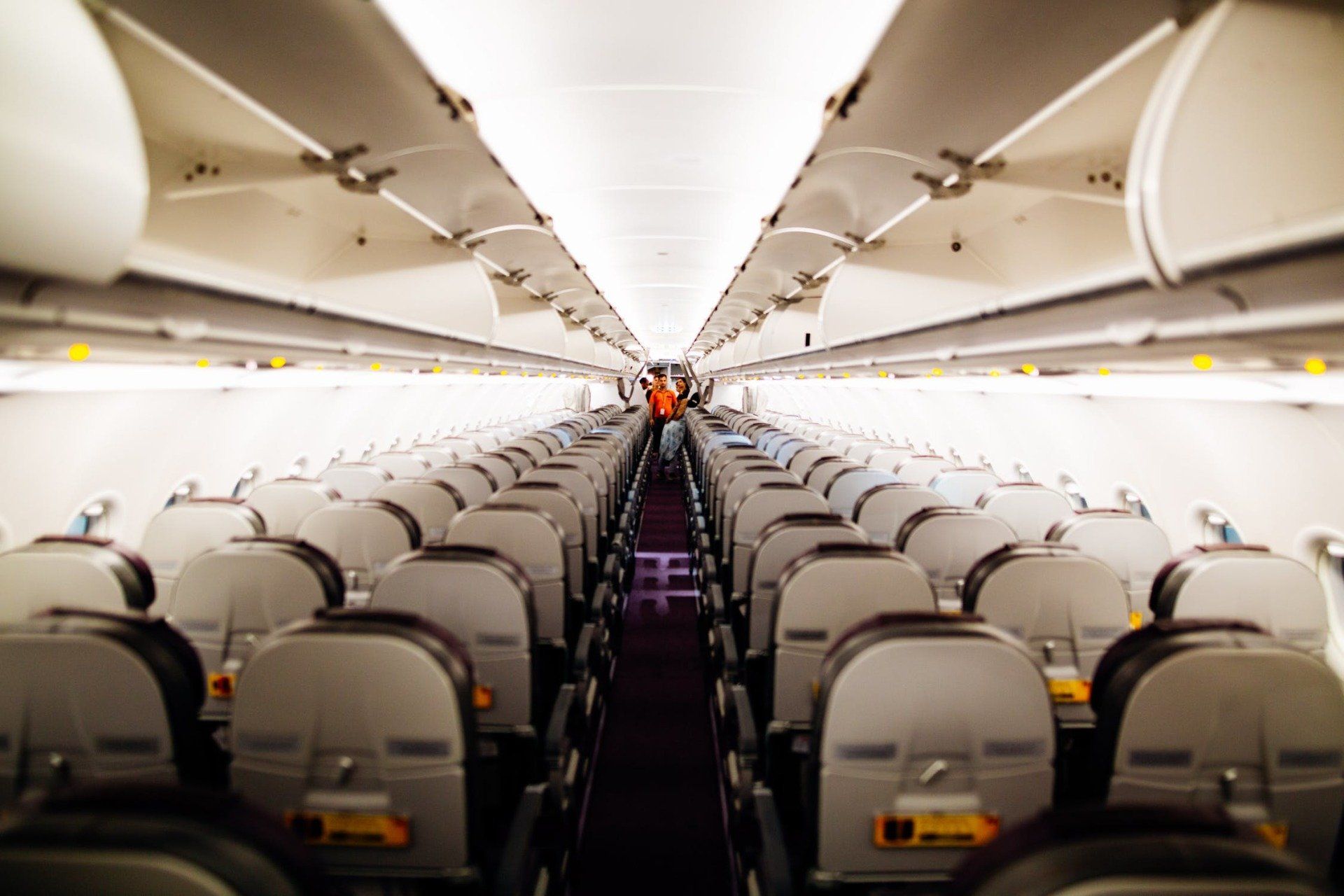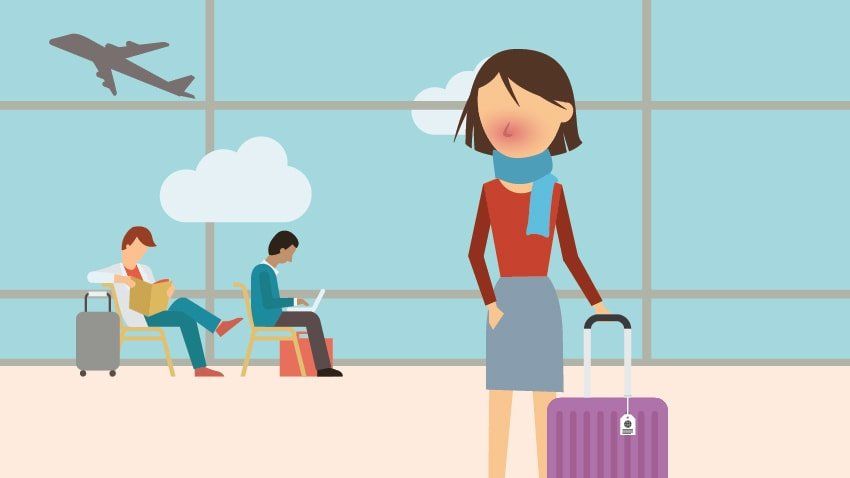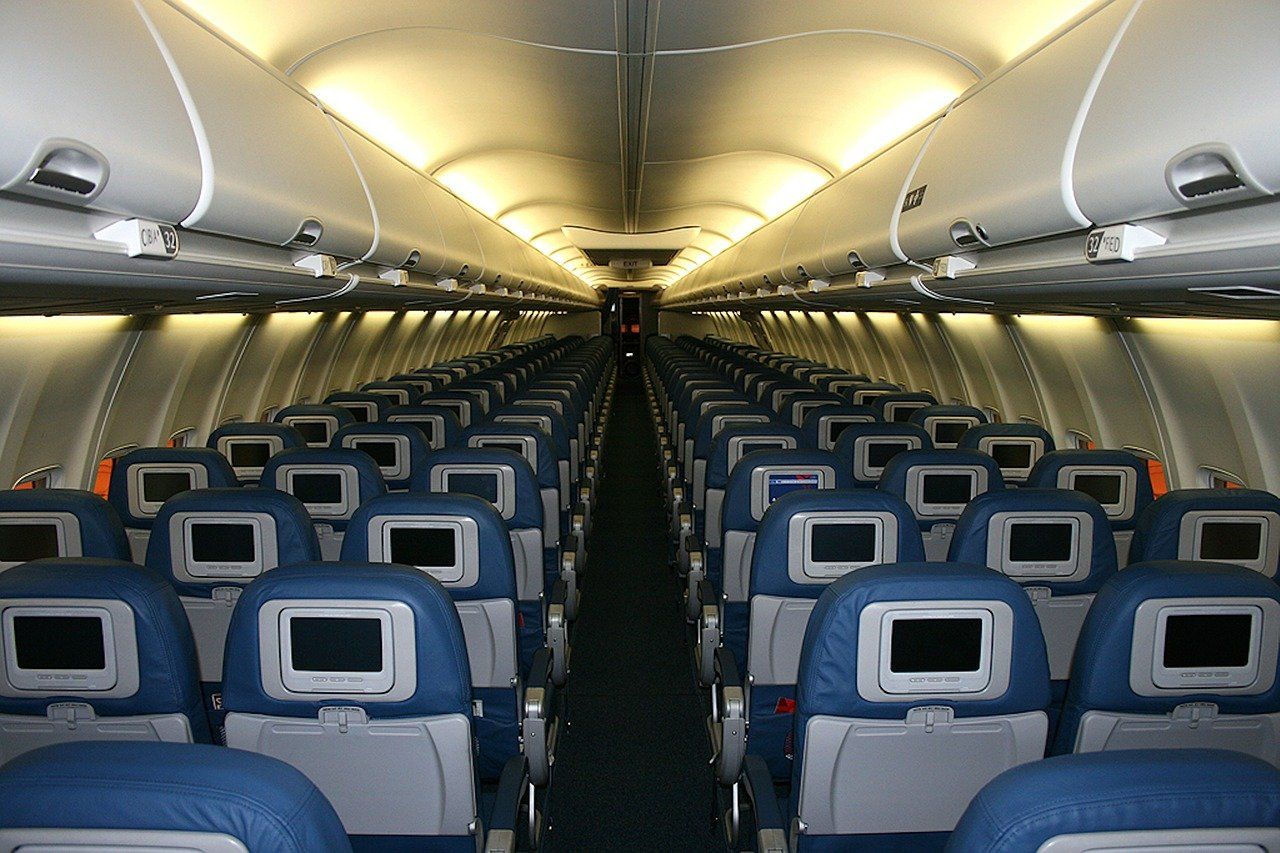Current Restrictions Pharmaceutical Meetings Must Comply With
- By Jessica Elmore
- •
- 09 Dec, 2016
- •

Since 2010 and the passage of the Affordable Care Act or “Obama Care,” pharma meeting planners have had a lot more information to account for and report. Failure to comply with the new legislation or report all of the required information on the interactions between pharmaceutical companies and healthcare providers results in major penalties.
For instance, it is mandatory that meeting planners report any spending over 10 dollars if it is provided to a physician. This includes, meals, coffees, hotel rooms, flights, everything and anything provided to a physician. If the details aren’t correct or intentionally changed the perpetrator could face large fines or even jail time.
The ACA brought about massive new rules and regulations. There is an increased regulatory air when it comes to corporate spending so the pressure is high for any pharma or life sciences meeting planner to budget their meetings accurately down to the dime.
There are four main regulatory sections.
PhRMA Codes
These regulations focus on research-based pharma and biotech companies and the way that they interact with health care professionals. Obviously, it is extremely important that companies are not swaying a health care professionals opinion with gifts etc.
AdvaMed Codes
The Sunshine Act
State Laws
Obviously, these vary. Some states require full disclosure of all spending on physicians and others put a cap on the amount of money that can be spent in total.
The task of planning pharmaceutical and life sciences meetings has become a lot more complicated due to a number of different codes and regulations that need to be complied with, therefore it is not at all surprising that the position that used to be called meeting planner is now referred to as project manager. Contact elm Planning for all your pharmaceutical meeting planning needs!

During the pandemic, thousands of pilots were offered early retirement packages in order to cut labor bills due to the lack of travel demand. Now that travel for pleasure and business is rebounding from the pandemic, approximately 14,000 flights in the US were recently cancelled or delayed due to the lack of pilots, carriers, and other staff.

